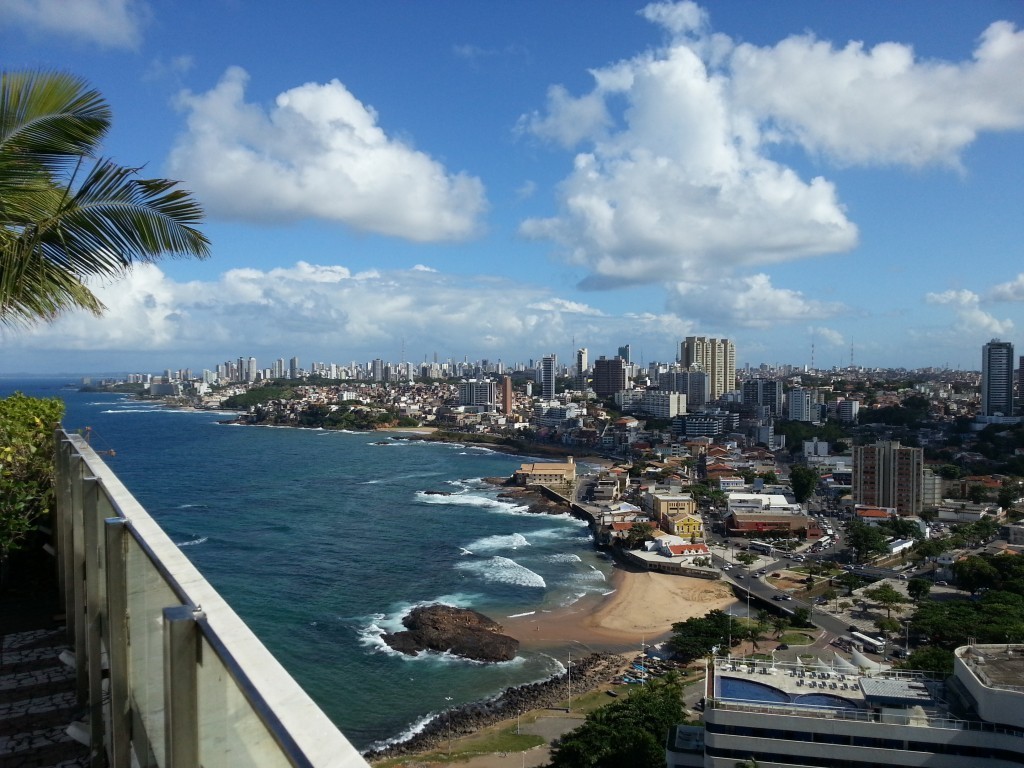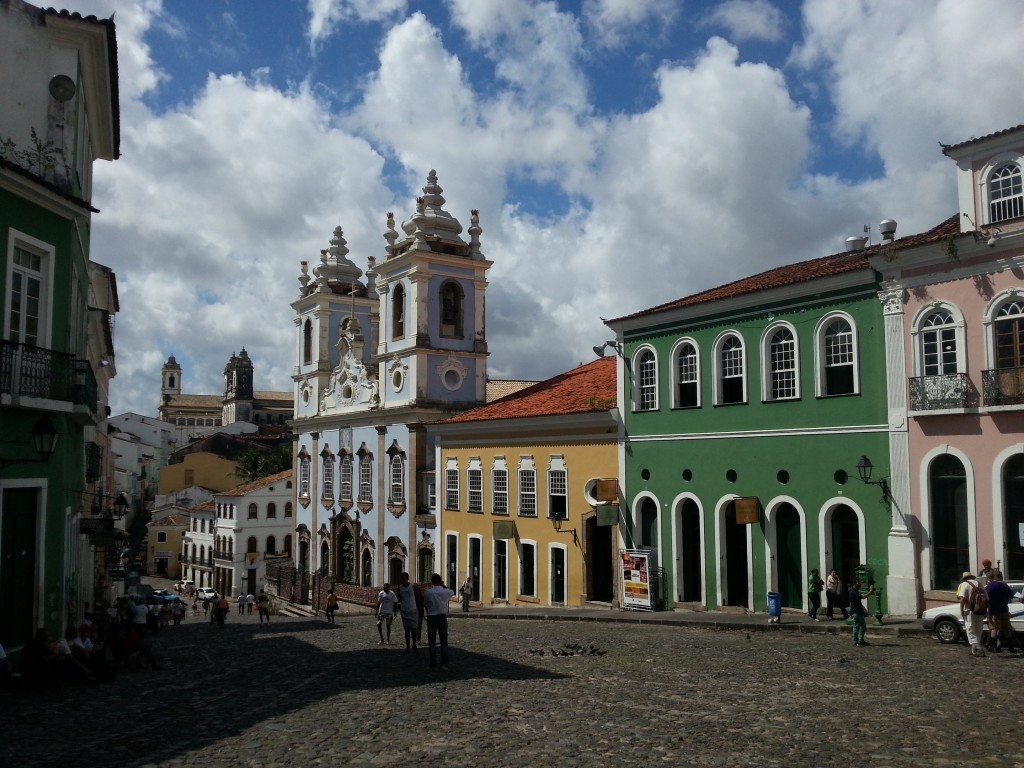In early May 2014, several hundred delegates from across the globe assembled in Salvador, Bahia for the biannual conference of the Public Communication of Science and Technology (PCST) network. It is a deliberate and distinctive feature of the PCST conference series that it attracts both academics and practitioners involved in science communication, thus invoking a particularly vibrant and stimulating atmosphere of mutual learning and cross-fertilisation. Click to the PCST site here: http://www.pcst.co/
Gently swaddled in local music, science theatre performances, and other artistic presentations, a rich plenary and parallel programme was offered under the overarching theme ‘Science communication for social inclusion and political engagement’. Clearly gefundenes Fressen for the PE2020 project, and a wonderful opportunity for exploring and understanding current trends and specific experimentations on public engagement in science.
The PE2020 project convened a panel session dedicated to presenting and discussing innovative public engagement procedures in Europe and beyond. The session included project papers on embedding the ‘participatory performance’ model, which provides a point of departure for PE2020, into research programme and –project contexts, and presentation of the preliminary inventory of PE mechanisms and initiatives, which will, in due course, appear as the first research deliverable of the project. In addition, Naoyuki Mikami and Japanese colleagues gave a most interesting paper on trends and new approaches to public engagement with science in Japan, addressing, among other things, PE issues emerging in the context of the Fukushima Daiichi nuclear accident.
A major take-home message from a lively discussion with participants at the session concerns flexibility in PE formats. Several participants noted that ‘one size does not fit all’ when designing engagement arrangements, and that innovativeness in public engagement requires a certain degree of fragility. Excessive institutionalisation, on the other hand, might in fact reduce the political and cultural potency of PE activities. A worthwhile discussion which will be elaborated in a targeted deliverable, D1.3., aimed at presenting the proceedings of the session. Another important discussion point evolved around the notion of hybridisation, the mixing of PE formats, and its potential relevance for the PE2020 purpose of understanding the notion of innovativeness in PE.
Good food for thought altogether, and, indeed, a good opportunity to explore the beautiful old town of Salvador, World Heritage site by UNESCO.
– Niels –

